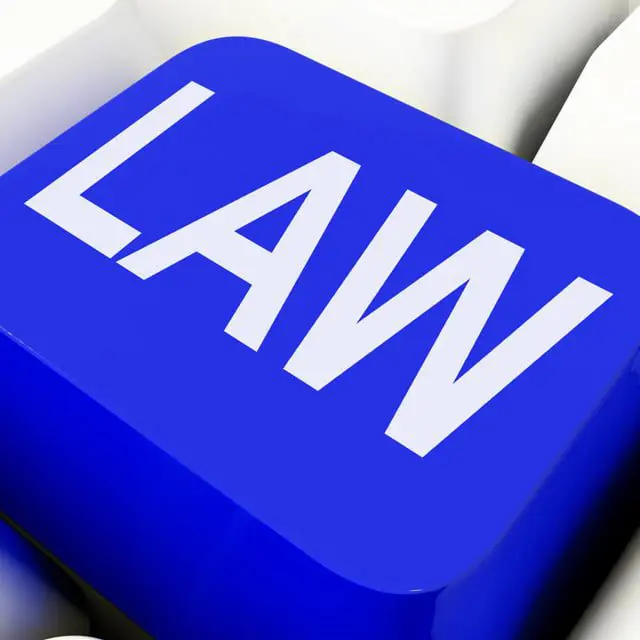Bailment, a legal term commonly encountered in civil and criminal law, refers to a specific type of relationship concerning the temporary transfer of possession of personal property while ownership remains with the original party. This concept is pivotal in understanding various legal scenarios involving personal property, such as leasing, storage, or repairs.
In a bailment arrangement, the person transferring possession, known as the bailor, entrusts their property to another party, the bailee. The bailee then assumes responsibility for the property’s care and custody for the duration of the bailment. This arrangement is crucial in numerous everyday transactions, from parking a car with a valet to leaving clothes at a dry cleaner.
Bailment can be classified into three main types, each with distinct legal implications:
- Mutual Benefit Bailment: Occurs when both the bailor and the bailee receive some benefit from the arrangement. An example is a car repair service where the owner (bailor) benefits from the repair, and the mechanic (bailee) benefits from the payment for services rendered.
- Bailment for the Sole Benefit of the Bailor: In this type, only the bailor benefits from the arrangement. For instance, when you leave your pet with a friend while traveling, you benefit from pet care, but your friend does not receive any tangible benefit.
- Bailment for the Sole Benefit of the Bailee: Here, only the bailee benefits. For example, borrowing a book from a friend would be a bailment for the sole benefit of the bailee, as only the borrower benefits from using the book.
The duty of care owed by the bailee varies depending on the type of bailment. In a mutual benefit bailment, the bailee is expected to provide reasonable care. In bailment for the sole benefit of the bailor, the bailee’s duty of care is minimal. Conversely, in a bailment for the sole benefit of the bailee, a higher standard of care is required.
Bailment relationships, while often formed informally, are governed by principles of contract law. This means that both the bailor and the bailee have specific rights and obligations. The bailor must have the legal right to transfer possession of the property, and the bailee must accept the property and agree to the terms of the bailment.
In cases where the terms of bailment are not explicitly stated, common law principles apply. These principles dictate that the bailee must return the property in its original condition upon the completion of the bailment period. Failure to do so could result in the bailee being liable for any damages or loss.
Bailment also covers scenarios of involuntary or constructive bailment, where a person unwittingly becomes a custodian of someone else’s property. This can happen if someone finds lost property and takes it to the police or a lost and found. In such cases, the finder has certain legal obligations towards the property, even though they did not intend to enter into a bailment relationship.
Understanding bailment is critical in today’s world, where temporary possession of property is a common occurrence. It affects a wide range of activities, from commercial transactions to everyday interactions. By comprehending the nuances of bailment, individuals and businesses can better navigate their legal responsibilities and protect their interests in various transactions involving personal property.
In conclusion, bailment is a fundamental concept in property law, essential for understanding the legal implications of temporary possession transfers. Its principles ensure that personal property is handled responsibly and returned in its original condition, providing a framework that facilitates trust and reliability in personal property transactions.
URLs for References Used:
- Legal Dictionary: Bailment – Definition, Examples, Cases, Processes.
- Legal Information Institute: Bailment | Wex | US Law | LII / Legal Information Institute.
- Lawyers.com: Bailment Definition | What Is Bailment?.
- Wikipedia: Bailment – Wikipedia.
Disclosure: Generative AI Created Article
















